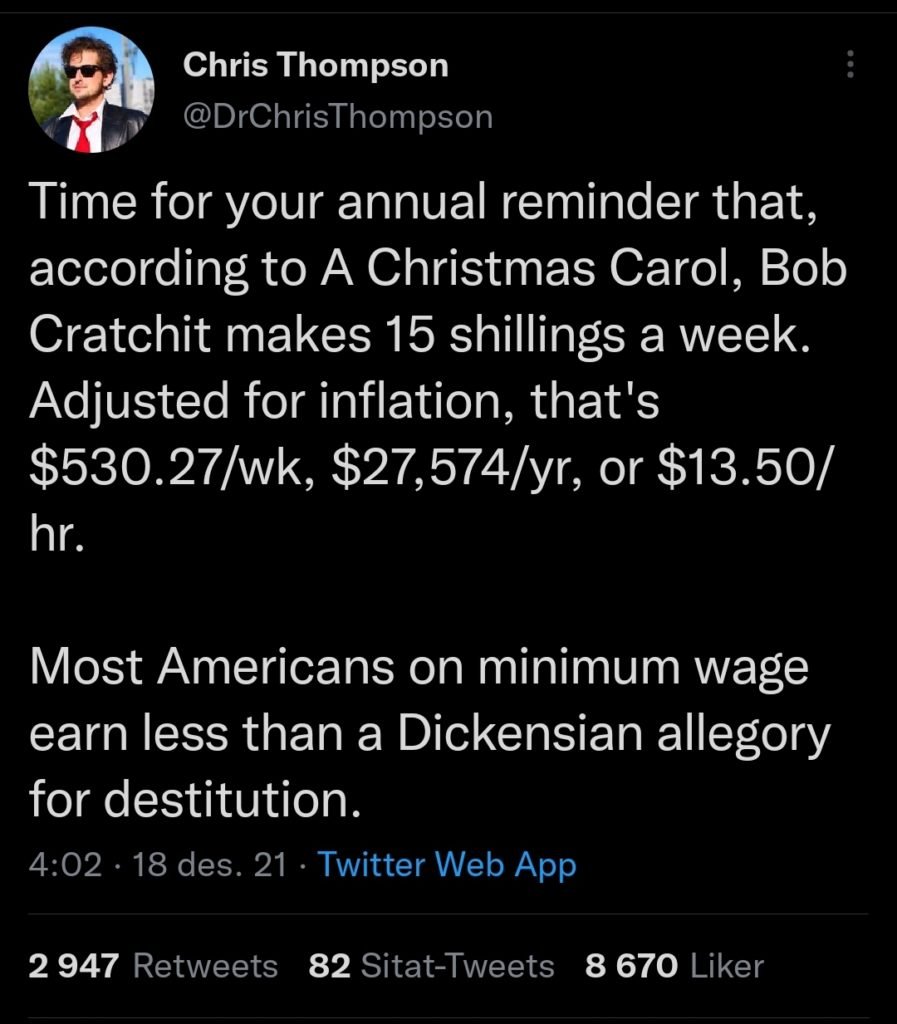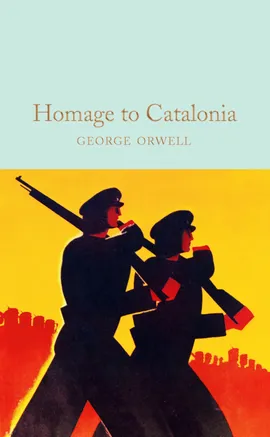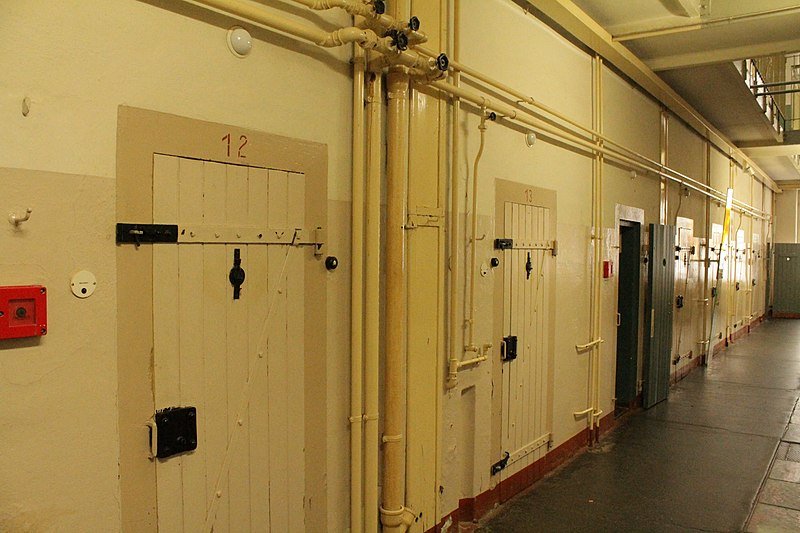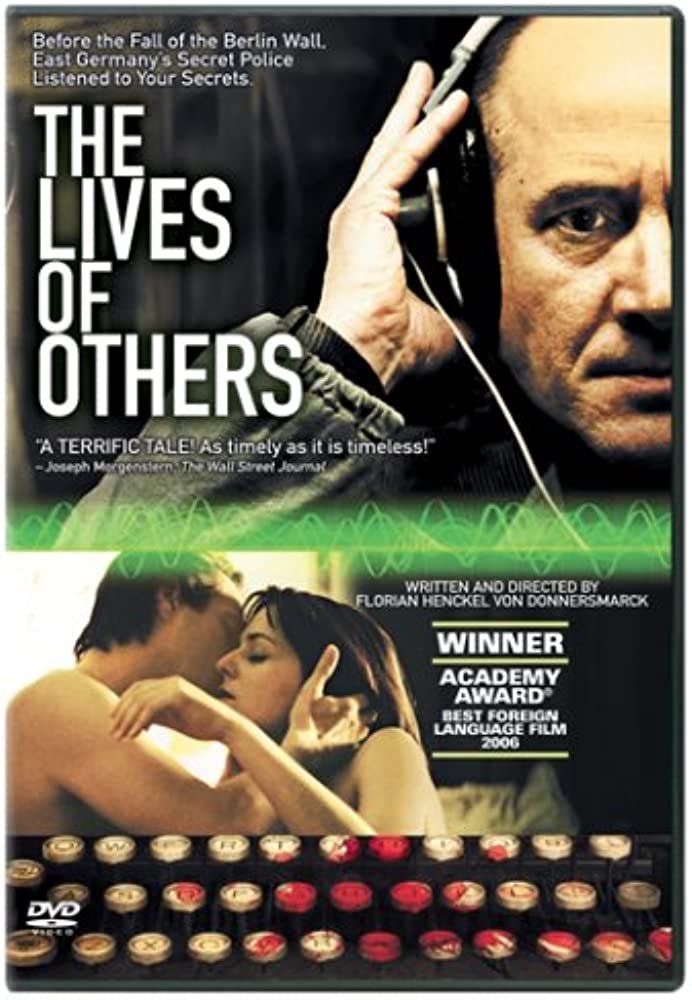In college I was—literally—a card-carrying member of the Communist Party of the United States of America, or CPUSA, as well as several other silly organizations like the IWW. The Party paid for me to fly around th country and attend workshops (why the CPUSA has the funds to fly inexperienced and irrelevant college students around to brainwash them being a disturbing subject for another article), and helped me spearhead movements on campus like United Students Against Sweatshops. Fortunately, a combination of five experiences quickly deconverted me from the Marxist ideology.
Economics 101
As a liberal arts major (English and German), I wasn’t required to take economics per se, but I did have to take two social science courses. Because I scheduled myself for one of the last orientations, there weren’t many classes to choose from, and I ended up having to fulfill said social science requirement with an evening intro economics course. Lucky for me, it was also in the business college rather than the liberal arts college where, from what I can tell talking to fellow alumni, I wouldn’t have learned any economics principles at all and instead just been taught the right buzzwords to get a six-figure job at an NGO and something about climate change.
But I did learn basic economics principles, ones that make simple logical sense to anyone with an open mind and completely destroy the economic tenets of communism and Marxism, namely the Labor Theory of Value, which holds that the value of a commodity is derived from the work that was put into creating it, an important underlying assumption for the communist claim that capitalists are making money off the labor of others.
However, in Economics 101 we learned about subjective value, marginal utility and other important concepts. In reality, a commodity’s value is entirely in the eye of the beholder and not just based on his preferences, wants and needs, but even his immediate situation. If a baker trades a loaf of bread for a hat from the hatter, both profit. The baker valued the hat more than the bread he gave up for it, and the hatter the other way around. This is similar to why you might buy 20 cans of Coca-Cola at $1 a piece but not 21. For whatever reason, you valued the 20 cans more than the $20 in your pocket, but you valued the 21st dollar more than the 21st can.
Seemingly simple, these types of economic truths show why standard communist practices like price controls wreak havoc on their economies to the point of starvation and mass suffering. People need the market and price signals to best trade and interact economically with those around them so everyone can best meet their individual and unique wants and needs.
Gilded Age Literature
Every Christmas, I see the same meme/tweet passed around complaining about how Bob Cratchit, the impoverished character in Charles Dickens’s A Christmas Carol, made a higher salary than the modern American on minimum wage and could support a family of eight in London without his wife having to work.

Bizarrely, this meme is passed around by communists, socialists and other radical leftists who are hilariously oblivious to the fact that this disproves rather than supports their worldview. The story was published in 1845 during the glory days of laissez-faire capitalism. There were hardly any regulations on trade or starting a business, the Gold Standard was in full force, and there was no income tax in the US. In the UK, where the story is based, an income tax had only just been levied in 1841, but the rate was a mere three percent for the top bracket, compared to 45 percent today. In other words, they are openly admitting that the poorest of the 19th Century were more prosperous than the poor of today, and all without regulations like the minimum wage.
As a student of literature in two languages, I was exposed to dozens of stories like these and made the connection that most communists or other radical leftists seem unwilling to admit. Just the fact that such a large bulk of most nations’ high-quality literature and art is from this era should tell you something, but the fact that they highlight how much more prosperous the world was in the laissez-faire period is impossible to ignore.
Indeed, the numbers back this up. Real GDP per capita during the Gilded Age, technically defined as 1877-1896, grew at 1.81 percent per year compared to a dismal 0.12 percent for the following Progressive Era, which saw the founding of the Federal Reserve. While those on the left will try to tell you this growth was concentrated with the numerous “Robber Barron” millionaires that came to prominence in the time period, this simply isn’t true. Real wages for unskilled workers rose 1.43 percent per year during the Gilded Age versus just 0.56 percent in the Progressive Era. Oh yeah, and from 1990 to 2006? 0.44 percent.
While the Gilded Age and unbridled free-market capitalism certainly led to increased income inequality, it also led to better qualities of life, future prospects and even working conditions for the poorest of society, which frankly seems more important than “equality.” And that’s if you somehow don’t take into account the two World Wars’ tens of millions of deaths and a decade-long Great Depression when comparing the 19th Century’s liberal model to the 20th Century’s worship of government control.
Working for the Government and Non-Profits
If you’re a communist, what do you do for a living? You can’t work for a for-profit company. Gasp. You certainly can’t start your own business! All that’s left is working for the government or a non-profit or NGO that produces nothing but makes you feel like you’re contributing.
Of course, a real contribution would be learning a trade or profession or starting a business and producing goods or services that people want to buy. As we discussed before, this is how the economy works, you trading your knowledge of car mechanics for your doctor’s knowledge of the human body such that you both profit. The profit is not a robbery but a measure of your contribution to society.
Not only do communists not understand economics, though, but they also love the idea of a cushy job where they can live off the productive labor of others via taxes and the government money printer. It harkens back to the last breaths of the Catholic Church just before the Renaissance when an increasing number of people wanted to get into the Church (that era’s government) so they could make money off productive people while simultaneously looking down at them because they “worked” in a holier profession.
During college I mostly worked for the government or these types of non-profits and caught on to the scam pretty quick. Here I was thinking my fellow communists and I were there to defend the working class when really we were just living off them while wasting resources in air-conditioned offices.
Spending Time With Communists
As a member of the CPUSA, I met and spent time with a lot of other communists. Then, when I did my Fulbright in Germany, I spent a lot of time with Marxists from expensive colleges in the Northeast who, even if they didn’t openly identify as “communists,” were even farther to the left than most of the communists I knew. Yet I’d say over half of them had never even talked to a working class person, much less been one. Most were, for a kid from Arkansas, unspeakably wealthy, and they have continued to be wealthy in their careers, most on the taxpayer’s dime thanks to the left-wing governmental programs they conveniently promoted for “equality.”
That was the least of it, though. What was more obvious was that communism was little more than a religion and means of social currency for most of them. Marxism and communism were endless wells of nonsensical dogma, and the more extreme and dogmatic you could get, the more obscurely you could pontificate, the more worth you had in the group.
This was before the rise of “wokeness” and what right-wing commentators have coined “virtue signaling,” but that’s just what it was. Moreover, I learned that this wasn’t some recent phenomenon. Virtue signaling and socialism had gone hand in hand since its inception. Even in the Spanish Civil War, the various left-wing factions began fighting amongst each other and purging their ranks of those who didn’t meet the increasingly ridiculous dogma of each, all the leaders in constant competition to one-up each other and prove they were the “real” socialists.

Note: This is an affiliate listing, and I may receive a commission if you purchase the product. These commissions allow me to continue writing, giving you an optional way to support me and my content. I never recommend books or other products that I have not read or used personally.
Living in a Former Communist Country
The last but deepest nail in the coffin was actually living in a former communist country. In 2012-2013 I did a Fulbright Fellowship in Germany where I lived in Bautzen, a small city in Saxony, a part of the former Democratic Rebulic of Germany, or DDR, commonly called East Germany. The Berlin Wall had come down over 20 years prior, but the scars of communism were still everywhere, from the images of Marx and Lenin in the delapidated train station to the region’s much lower standard of living compared to the West to my own address on Friedrich-Engels-Platz.

In fact, right on the other side of Friedrich-Engels-Platz was Bautzen II, the codename for the Stasi’s secret political prison, which by then had been transformed into a free museum and memorial for the writers, artists and activists who’d been incarcerated, tortured and even killed there by the Soviet Secret Police, who ran the prison from 1945-1949, or the East German Ministry for State Security, infamously known as the Stasi. The prison had also housed those unfortunate enough to be caught trying to escape the regime or who aided others in doing so.
Many Western communists turn a deaf ear to Cubans, Eastern Europeans and Chinese who try to educate them on the horrors of communism and Marxism. However, that gets harder when you have to see the evidence of it when you walk out of your front door each morning. For those still entertaining dreams of a Marxist utopia, I can recommend no better innoculation than actually living in a country that has or has had a regime with the same philosophy.

Note: This is an affiliate listing, and I may receive a commission if you purchase the product. These commissions allow me to continue writing, giving you an optional way to support me and my content. I never recommend books or other products that I have not read or used personally.
